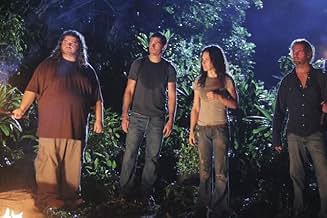
Lost: A Near-Perfect Descent into Mystery and Humanity
“Lost” isn’t just a television show; it’s an experience. For six seasons, it captivated millions, weaving a labyrinth of mysteries, character dramas, and existential questions that left audiences breathless, debating theories, and deeply invested. To grant it a 9.5 out of 10 is not an overstatement, but a testament to its monumental achievements, even with a few minor stumbles along the way.
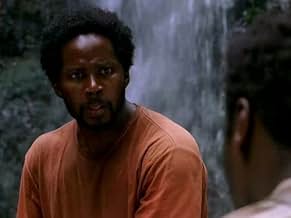
From its iconic, jarring premiere, “Lost” established itself as something utterly unique. A plane crash, a group of disparate survivors, and an island that defied logic – it was a hook that immediately plunged viewers into a vortex of unanswered questions. What was that polar bear doing in the jungle? What was the deal with the whispers? And who, or what, was “The Others”? The show masterfully dangled these tantalizing enigmas, each revelation (or often, misdirection) serving to deepen the intrigue.
What truly elevates “Lost” beyond a mere mystery box is its profound exploration of its characters. Through ingenious flashbacks, we were granted unparalleled access to the intricate, often painful, backstories of each survivor. These weren’t just plot devices; they were windows into the souls of flawed, complex individuals grappling with guilt, regret, love, and redemption. Sawyer’s roguish charm masking a deep vulnerability, Locke’s unwavering faith tested by a harsh reality, Jack’s burdened leadership and constant struggle with his father’s legacy – these characters became as compelling as any island riddle. The show understood that the greatest mysteries often lie not in supernatural phenomena, but within the human heart.
The production quality was consistently top-notch. The lush, mysterious Hawaiian scenery became a character in itself, perfectly embodying the island’s enigmatic nature. The score was evocative, amplifying the tension and emotional resonance of every scene. The pacing, for the most part, was deliberate and effective, allowing the narrative to breathe and the characters to develop organically.
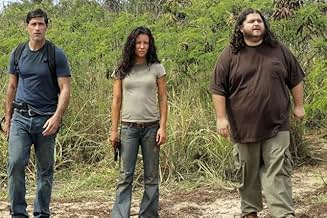
“Lost” dared to be ambitious, grappling with themes of fate versus free will, science versus faith, and the very nature of good and evil. It wasn’t afraid to take risks, introducing fantastical elements and pushing the boundaries of conventional storytelling. This willingness to explore the profound, coupled with its relentless suspense, made for an unforgettable viewing experience.
So, why not a perfect 10? While the journey was undeniably brilliant, the final destination, for some, proved to be a slightly less satisfying conclusion than the build-up promised. The sheer weight of the mysteries established meant that some explanations felt a touch rushed or perhaps a little too neat. The later seasons, in their effort to tie up every loose end, occasionally felt bogged down by exposition. However, these are minor quibbles in the grand scheme of things, akin to finding a tiny imperfection on a breathtaking masterpiece.
Ultimately, “Lost” remains a landmark achievement in television. It redefined serialized storytelling, proved that audiences craved complex narratives, and created a community of fans united by their shared obsession. Its impact on popular culture is undeniable, and its legacy as a masterclass in suspense, character development, and thought-provoking storytelling is secure. For embarking on such a daring and brilliantly executed adventure, “Lost” earns its near-perfect 9.5 out of 10. It’s a journey you won’t soon forget, and one that will continue to be discussed and dissected for years to come.














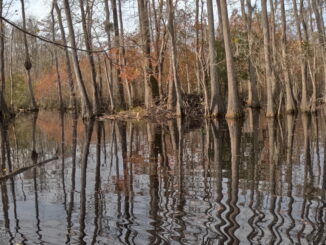






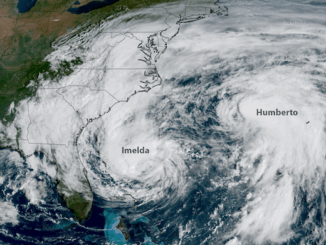




Be the first to comment